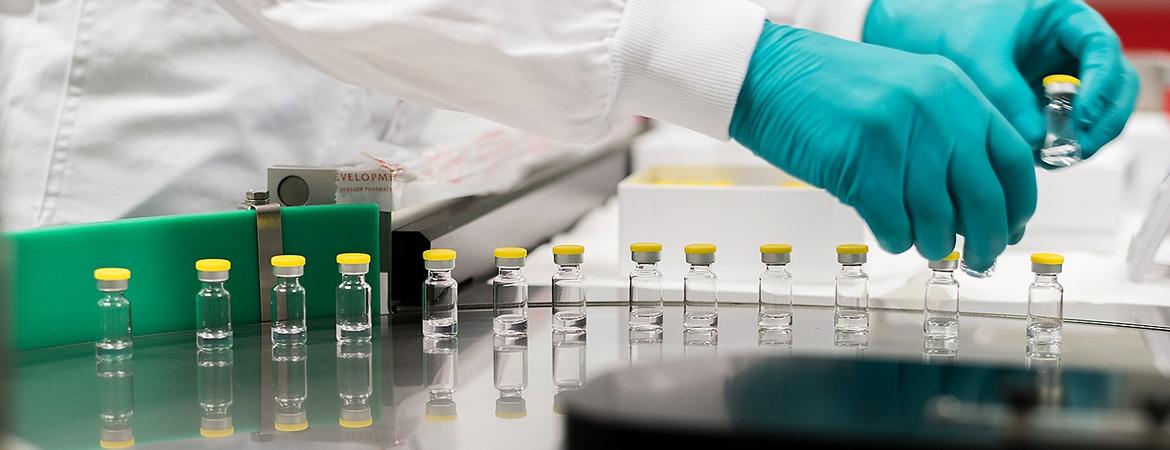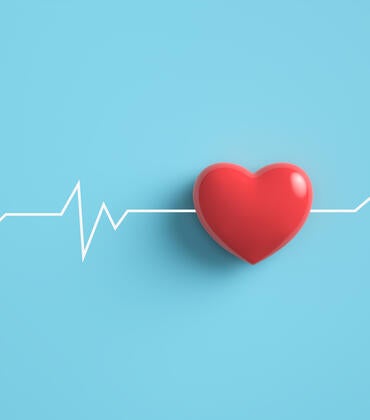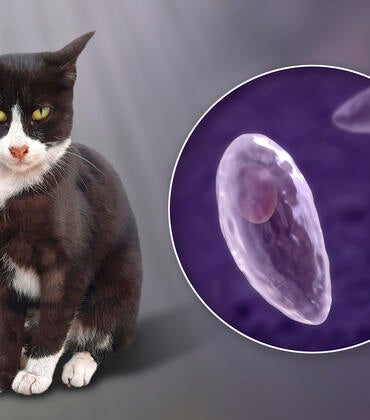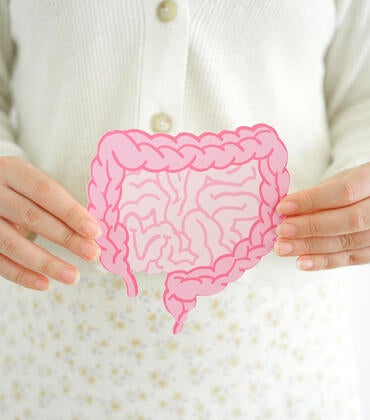
The Centers for Disease Control and Prevention and the Food and Drug Administration on Tuesday recommended a pause in the U.S. on the use of the Johnson and Johnson, or J&J, vaccine after six people who received the single-shot vaccine developed a rare and severe type of blood clot. UC Riverside experts weigh in on the impacts of the recommendation.
Juliet Morrison
assistant professor of microbiology and plant pathology
“The chance of developing clots after vaccination is an extremely rare event — less than one in a million.”
— Morrison
Q: How worried should I be if I got the J&J vaccine?
A: Your worry should be minimal especially if it has been more than three weeks since your injection and you are male. First, we don’t actually know if the J&J vaccines are causing these blood clots, called cerebral venous sinus thromboses. That is why the CDC and FDA have issued a pause in their use so that the issue can be further investigated. This swift action shows that our regulatory agencies are doing their jobs.
Second, the chance of developing clots after vaccination is an extremely rare event — less than one in a million. Of the 6.8 million doses of the J&J vaccine that have been administered, there have been six cases of cerebral venous sinus thrombosis that emerged 6-13 days after vaccination. All six cases occurred in 18-48-year-old women, suggesting that this issue may primarily affect women of child-bearing age.
It should also be noted that contracting COVID-19 definitely increases your risk of developing blood clots, since about 20% of COVID-19 patients develop them. The CDC is urging people who have gotten the vaccine in the last three weeks and who develop severe headache, abdominal pain, leg pain, or shortness of breath to contact their health care provider.
Richard Carpiano
professor of public policy and sociology
“This is a ‘damned if you do/damned if you don’t’ situation for public health agencies.”
— Carpiano
Q: What are the benefits/costs of pausing the J&J vaccine? How might the J&J vaccine pause erode the public’s trust of vaccines in general?
A: The recommendation to pause administering the J&J vaccine is a terrific “case study” of the tough choices that public health decision-makers face. While such events inevitably spark social media influencers with no background in this area to offer their critical “hot takes,” the fact of the matter is that this is a “damned if you do/damned if you don’t” situation for public health agencies — for several reasons.
First and foremost, this situation shows that the monitoring and safety system for these vaccines is working as it should: a handful of cases of a rare brain blood clot (including one death) were identified as occurring to a specific subgroup (i.e., women, ages 18-48, and all with a rare condition related to blood platelets levels called thrombocytopenia) in a time period following their receipt of the J&J vaccine. Though these events were rare amidst the millions of doses of the vaccine already administered in the U.S. to date, the FDA and CDC acted swiftly to investigate if there was any causal link between these six events and the vaccine; and recommended a pause in the use of this vaccine until more investigation is conducted.
Second, from an optics standpoint, such actions should be seen as the public health system paying due diligence and being very transparent with the public. Given some of the public’s concerns about COVID-19 vaccine safety, such actions should be seen as reassuring — in other words, exactly as one might ideally want to see.
However, issuing such recommendations — especially following just a handful of events — is not without negative consequences. First, any such announcement is going to be released into the wild realm of the current information ecosystem where misinformation abounds. Such news is always going to be exploited by anti-vaccine and other disinformation efforts that are quite prevalent on social media and even cable news channels. Those efforts will not help in efforts to promote vaccine uptake.
Second, any pausing of a vaccine is likely to lead to lower public confidence in that specific vaccine as well as the other authorized vaccines. Whenever this recommendation is lifted and administration resumes, this initial pause is likely to lead to a sort of “vaccine shopping” among some people who may be hesitant to go to a specific site for their vaccination appointment because only the J&J vaccine is being offered (versus the Moderna or Pfizer vaccines). At a time when we need to get as many people vaccinated quickly in pursuit of herd immunity goals, such public reaction will undermine those efforts.
Lastly, from an ethical standpoint, there is an alternative position or “flip-side” to pausing use of a vaccine because of just a handful of events despite millions of doses already administered. Given the current threat of COVID-19, stopping use of one of the three vaccines being administered in nation-wide campaigns to see if these rare cases are linked to the vaccine means there are fewer vaccines — options and supply — available for the public. Hence, this pause is limiting access to one of the three COVID-19 vaccines for the many people waiting to be vaccinated who are not at-risk for those rare events. Individuals who are made aware of these events and still wish to receive the J&J vaccine will not have that choice. Also, for vaccinating homeless and other vulnerable or difficult-to-reach populations, the one-shot convenience of the J&J vaccine is a big advantage for public health campaigns that is now lost.
Rong Hai
assistant professor of virology
“Those who already got the J&J vaccine should have acquired COVID specific immunity.”
— Hai
Q: If I already got the J&J vaccine, what should I do? Get an mRNA vaccine?
A: The reason for pausing the J&J vaccine has nothing to do with the efficacy of this vaccine. Rather, it is due to a rare side-effect, affecting one in a million. The J&J vaccine has been shown in clinical trials to be highly efficacious. Therefore, those who already got the J&J vaccine should have acquired COVID specific immunity; there is no need for an mRNA vaccine.






